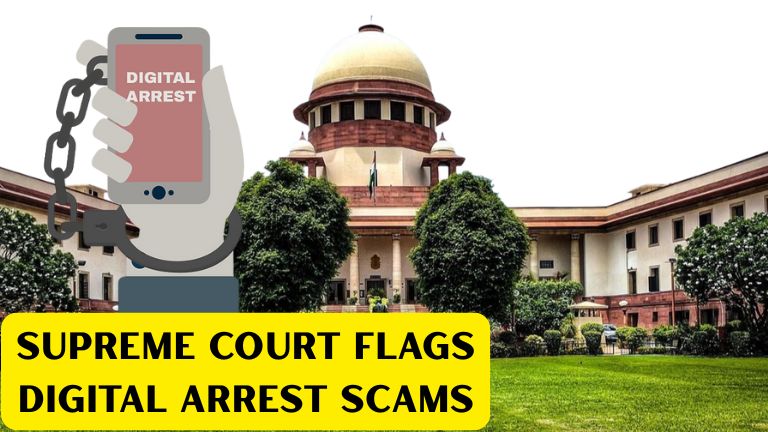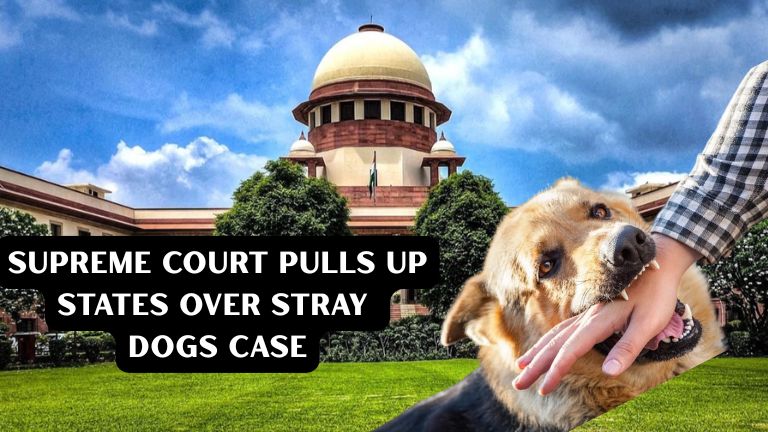D.K. Mahajan, J.@mdashThis Execution Second Appeal is directed against the concurrent decisions of the Courts below refusing to execute the
decree for eviction passed, on the basis of a compromise in favour of the landlord.
2. The landlord filed an application for the eviction of the tenant under the East Punjab Urban Rent Restriction. Act, on the ground that he needed
the premises for his own use. Notice of this application was issued to the tenant and the necessary issues were framed; and thereafter the case was
fixed for evidence. The landlord had summoned his evidence and six witnesses were present on the date of the hearing, that is, 24th June, 1959,
when a compromise was arrived at. The tenant agreed that the eviction decree be passed in favour of the landlord and the execution of that decree
be deferred for a period of 2 1/2 years. After the expiry of the period of 2 1/2 years, the landlord sought to execute the decree and he had been
met with a plea that the decree is a nullity. This, plea has prevailed with the Courts below with the result that the execution application has been
dismissed. The decree-holder, who is dissatisfied with this decision, has came up in second appeal to this Court.
3. After hearing the learned counsel for the parties, I am of the view that this appeal must succeed. The Courts below have ignored a number of
legal propositions. It is a settled rule of law that a party, who has taken the benefit of a decree, cannot turn round and prevent the other party from
taking the corresponding benefit that results under the decree to the other party. If there was no valid compromise, the tenant could have gone up
in appeal against the order. He need not have waited for 2 1/2 years enjoyed that benefit of the decree and then raised the question of its invalidity.
He could also have filed a suit to set aside the compromise decree. That course was also not adopted. On the other hand, the tenant took full
advantage of the compromise and the decree of eviction passed in his favour remained in abeyance for a period of 2 1/2 years and when the
decree was sought to be put in execution, the tenant has come forth with the plea that the decree is a nullity. In this situation no Court would permit
such a plea to be raised. In this connection, reference may be made to the decision of Supreme Court in Sailendra Narayan Bhanja Deo v. The
State of Orissa. A. I. R. 1968 S. C. 346
4. The second contention of the learned counsel for the petitioner is that the executing Court cannot go behind the decree and in support of this
contention, the learned counsel relies on the decisions of this Court in Pirji Sofdar Ali v. The Ideal Bank Limited A. I. R. 1949 E. P. 94. and Amar
Nath v. Bagga Mal (1964) 66 P. L. R. 347. Both these decisions support the contention of the learned counsel. The learned counsel for the
respondent, on the other hand, contends that this plea was not raised by the landlord before the trial Court as well as before the appellate Court.
This seems to be true. But the objection in the present case is purely a legal objection and no facts have to be ascertained. Therefore, such an
objection can be permitted even in second appeal. I, therefore, hold that the Courts below had no Jurisdiction to go behind the decree. They were
bound to execute the decree.
5. The last contention of the learned counsel is that the compromise was a valid compromise. The Courts below have merely held the compromise
to be invalid by relying on the Division Bench decision of this. Court in Shri K.L. Bansal v. Smt. Kaushalaya Devi. (1962) 64 P.L.R. 1091. In this
very decision, it has been mentioned that it will depend on the facts and circumstances of each case whether the satisfaction of the Rent Controller
as to the bona fide requirement of the landlord was there or not or as to the other grounds, on which eviction is sought, were present or not. In the
present case, the ground for eviction was that the landlord needed the premises for his personal use. Evidence had been summoned by the landlord
and six witnesses were present on the date when the compromise was arrived at. Therefore, it must be held that, on the facts and the
circumstances of this case, the compromise was entered into because the Rent Controller was satisfied that the landlord needed the premises for
his own occupation. The facts of this case are identical with the facts of the case in Vasudev Sharma v. Milkhi Ram Bhatia 5, a decision by Grover
J. This decision was considered by the Division Bench in Shri K.L. Bansal''s (supra) case and the Division Bench did not say that Vas Dev
Sharma''s (1960) 62 P.L.R. 888. case was wrongly decided. I would therefore follow this decision. I am, clearly of the view that the Courts below
were in error in refusing to execute the decree.
6. I would accordingly allow this appeal, set aside the judgments and decrees of the Courts below and direct that the decree of eviction be
executed forthwith.
7. The learned counsel for the respondent prays that his client should be permitted one month''s time to vacate the premises. The learned counsel
for the petitioner has no objection to this. The decree will be put into execution after one month from today.

